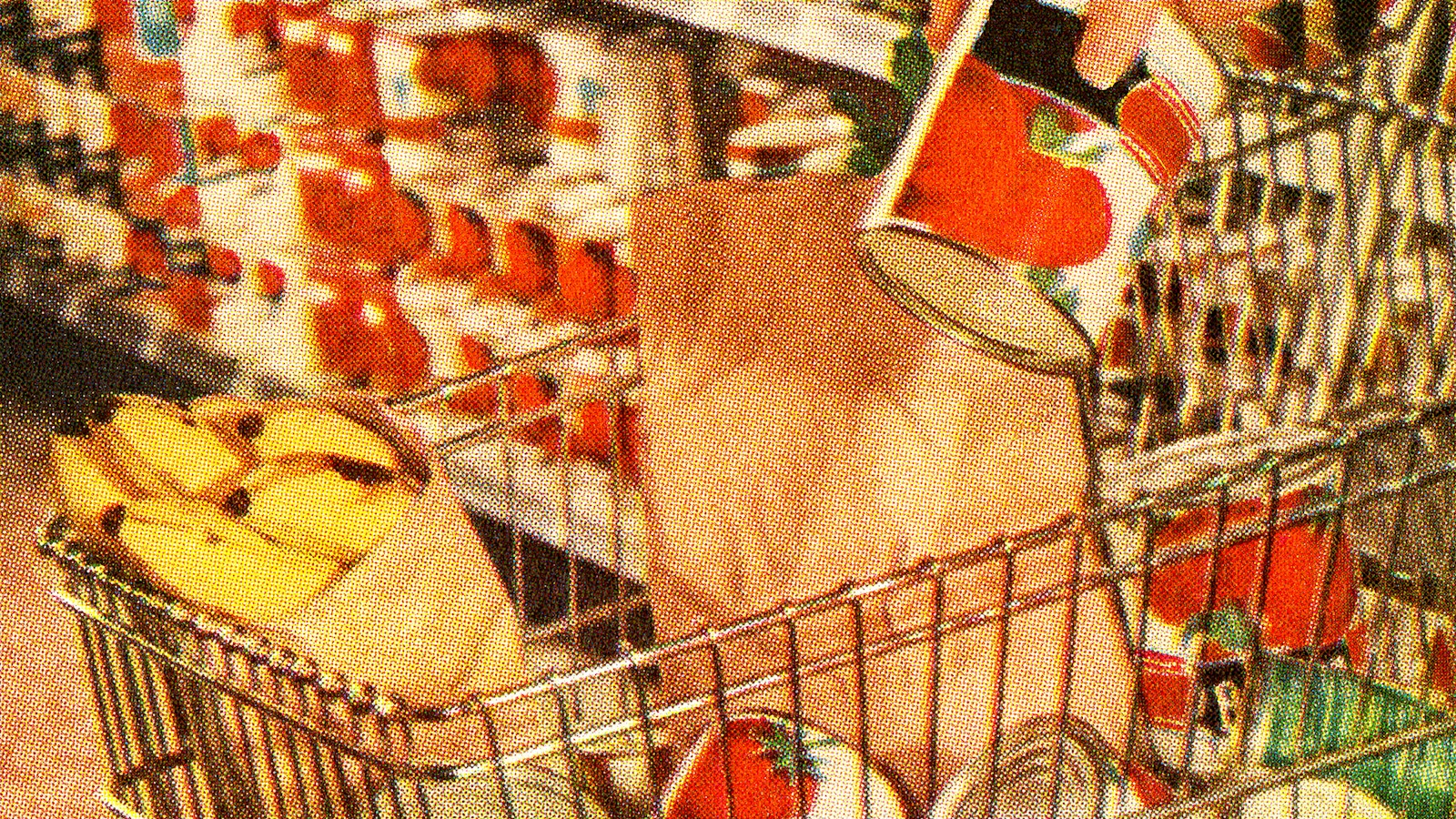
Show this article in French
Private labels as growth levers
Private labels are the next opportunity for European retailers, providing affordability and quality for shoppers while generating loyalty and profitability for brands
European retailers have faced numerous challenges in a rapidly evolving consumer landscape. And yet private labels (or store brands) continue to gain ground. Their enduring popularity comes down to combining quality, accessibility and personality that together generate unrivalled profitability. They also combine rational consumption choices and desirability, with the most successful private labels establishing themselves as an everyday partner to consumers – think the Quechua label from the sports apparel brand Decathlon or Monoprix’s Bout’Chou children’s clothing line.
In short, private labels are reassuring. And in times of uncertainty, this is an opportunity not to be missed by retailers. Born within the store itself, these labels enable retailers to differentiate themselves, build strong connections with cautious consumers, and ultimately enhance profitability.
Thriving in a changing consumer landscape
Private labels are flourishing in a changing consumer landscape, capturing market share and competing with traditional product brands. In Europe, private labels account for 35% of total FMCG sales, amounting to €230 billion in value (SIAL Insights 2022). The recognition index of private labels among French people has nearly doubled in the last six years, reaching 35%.
Europe holds a 20% share of global private label sales, equivalent to that of the entirety of the USA. Notably, Switzerland leads with a 52.2% market share by value, followed by the Netherlands (44.5%), Spain (43.5%), the UK (43%), and Germany (40.2%). In France, private labels constitute almost 43% of sales by volume and have absorbed 62% of the losses incurred by chain brands.
This favourable context is driven by various factors, including inflation and economic uncertainty that prompt consumers to seek out low-priced options. Growing interest in product quality and benefits, along with the perceived improvement in private label quality-price ratio, contributes to increased confidence in private label products. In fact, nearly 70% of French people believe that private label products have improved in recent years.
Private labels: winning across the marketing funnel
Private labels excel at every stage of the marketing funnel, providing opportunities for additional business, profitability, and strengthening the retail brand itself. They contribute to brand awareness by raising the brand's profile in an ultra-competitive market. By conveying the brand's values and promoting a customer-centric approach, private labels drive consideration. Additionally, they meet the needs of consumers seeking both affordability and quality, particularly among millennials and Gen Z who are selective in their choices and value brand alignment. Furthermore, private labels enable retailers to optimise relevance and profitability by vertically integrating production and eliminating intermediaries, resulting in a fairer offer.
Upon detailed analysis, we have identified four distinct clusters within the private label landscape, each with its unique objective, strong positioning, and clear communication and retail strategies:
- The Specialists: Brands that intimately understand their consumers and offer problem-solving products.
- The Identity Shapers: Brands that cater to communities of values and styles, allowing individuals to express their uniqueness.
- The Essentialists: Brands that simplify everyday life by offering universal and user-friendly products.
- The Iconics: Brands that go beyond price promises, delivering iconic products that refresh daily life.
Private labels have become a significant force in the European retail market. They present an opportunity for retailers to thrive in a changing landscape by leveraging the advantages of branding while offering affordability and quality. By understanding the distinct clusters within the private label landscape, retailers can establish their identities, drive profitability, and resonate with consumers seeking sustainable, affordable yet still desirable consumption experiences.
published on
25 July 2023
Category
More in Commerce

Media in India: the future is now
Brands pursuing the Indian market must focus on personalised experiences and data-driven strategies

Multinational companies must have an India strategy
The Indian market is hugely attractive to brands, but multinational companies must have a bespoke India strategy

Where there’s women’s health, there’s wealth
There’s huge economic advantage in closing the women’s health gap, and yet still this gap is still formidable

